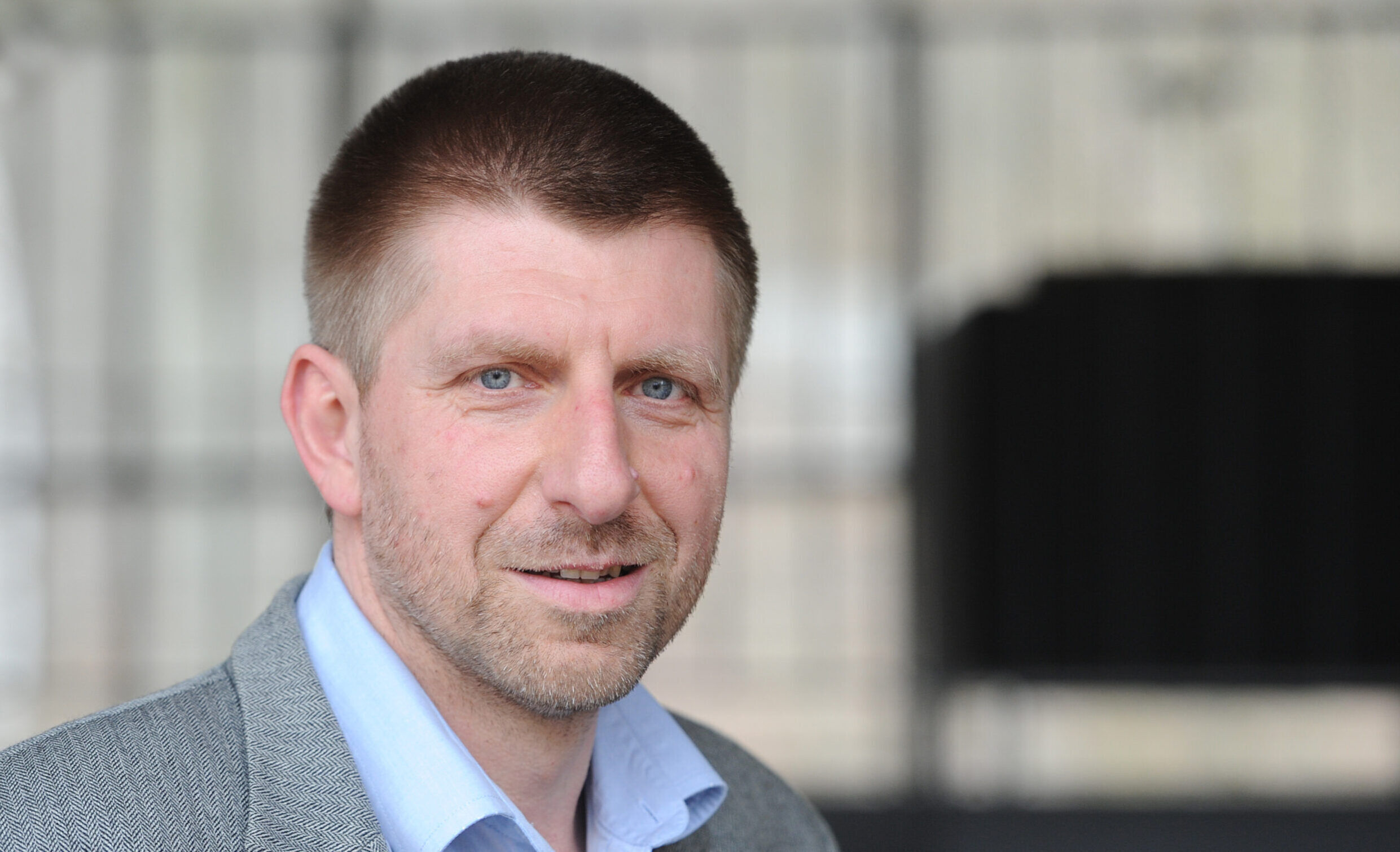Research network aims to enable efficient voice dialog systems for SMEs

Dietrich Klakow, Professor for Spoken Language Systems at Saarland University. Foto: Iris Maurer
At this point a research project comes in, in which Dietrich Klakow, Professor of Speech and Signal Processing at Saarland University, is involved. Together with the project partners Kauz GmbH, which is leading the project, and Aristech GmbH, two software companies specializing in speech technology, Dietrich Klakow wants to develop an application that makes it possible to develop well-functioning dialog software from very little training data. There are a few things to keep in mind. “Such smaller companies often have a very narrow customer base,” says Dietrich Klakow. So a mid-sized industrial company has customer conversations that have very specific vocabulary and content. To train an AI on this, one would have to record many dialogs, which is often not an option for the reasons mentioned.
The approach of the research trio from the two companies and Dietrich Klakow’s chair is therefore to combine the best of two worlds. “Kauz develops classic dialog systems, Aristech is strong in speech recognition, and my chair specializes in speech technology artificial intelligence,” adds Dietrich Klakow. So to make virtue out of necessity, turning a few training data into many, is the goal that the collaborative partners are trying to achieve. “Data augmentation,” the artificial multiplication of data, both on the basis of the linguistic knowledge of Kauz and Aristech and with the help of methods developed by Klakow’s chair, is intended to create the foundation for building up large “corpora,” i.e., a large pool of usable speech phrases. With this, an artificial intelligence can then learn just as well as one based on “naturally obtained” corpora that are available to large companies.
The advantage of the classic method of developing “non-learning” software is that it is very individually tailored to customer requirements. The downside: “Such dialogue systems are not perfect in all situations,” explains Dietrich Klakow. “If we now link this classic approach with an AI-based system, we could ideally build a new dialog system from very little training data that can work well in many conversational situations that are relevant for SMEs.” The vision of the cooperation partners is ambitious. In the end, they hope to design a solid voice dialog system with very few sample dialogs – ten, twenty, thirty – so that customers at the “other end” of the dialog won’t be able to tell the difference between it and a system from the tech giants.
The Team’s success will be determined in the spring of 2024. Until then, the “SLIK – Synthesis of Linguistic Korpus Data” project, which started this spring, will run. Of the 1.44 million euros in funding coming from the Federal Ministry of Education and Research, around 300,000 euros will go to Saarland University.
Further information: https://slik-projekt.de
Questions answers:
Prof. Dr. Dietrich Klakow
Tel.: (0681) 30258122
E-Mail: dietrich.klakow(at)lsv.uni-saarland.de
Editor (German):
Thorsten Mohr
Tel.: 0681 302-2648
Mail: presse.mohr(at)uni-saarland.de
Saarland University
Press and public relations
Campus, Building A2 3
66123 Saarbrücken
Translation: Saarland Informatics Campus
